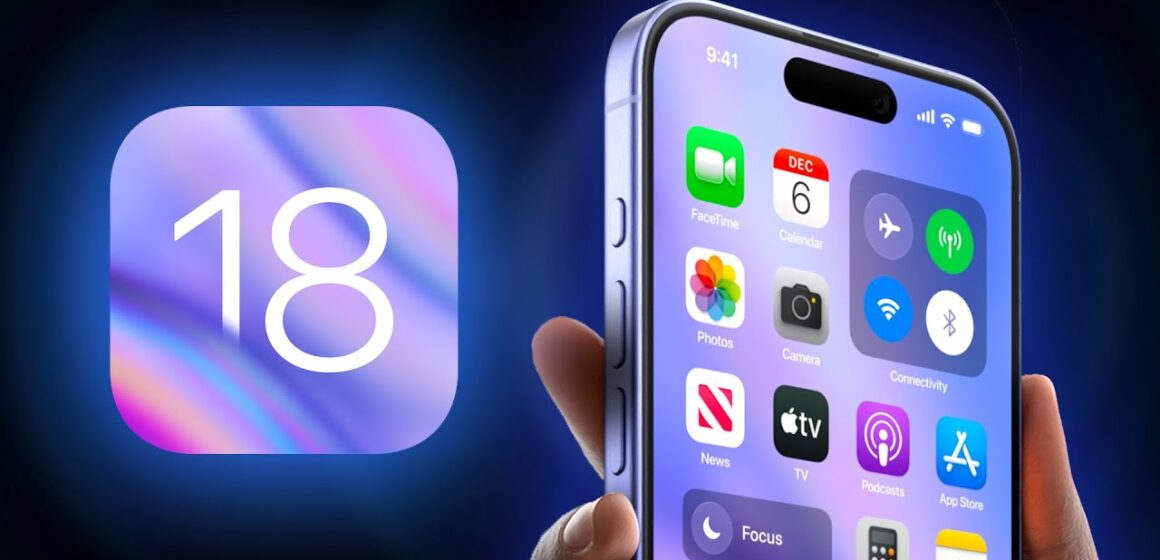AI-powered Apple features of iOS 18 is expected to be launch in June 2024, Dailymailonline said.
Certain iPhones released before 2018, including the series SE and the 8 Plus model or earlier, won’t have access to iOS 18.
Outdated hardware chips that have a slower processor and less memory that can’t support high-powered features, is the reason that has been adduced.
The operating system is set to be Apple’s ‘biggest’ update. The mobile phone manufacturer giant, could partner with Google’s AI Gemini.
The plan would create images and write essays based on simple prompts on the iPhone for the first time, according to the technology.
Unlike in the past when users often tune in for the iPhone operating system update – and AI is predicted to take center stage.
But, older smartphones do not have the right processors for the update or others that will debut in a few months.
Therefore, outdated hardware chips that have a slower processor and less memory that can’t support high-powered features.
Dailymailoline said smart devices will need Apple’s in-house A12 Bionic chip to be compatible with the iOS 18 update, was introduced when the company released its iPhone XR and iPhone XS models in 2018.
iPhone with the A11 Bionic chip (iPhone X, 8 and 8 Plus) and the A10 Fusion chips (iPhone 7 and 7 Plus) also won’t be able to effectively support the update, according to the Newspaper.
What this innovation implies is that Apple will discontinues iPhone models that can’t keep up with the new iOS rollout, but this year is keeping the seven and eight series.
So, any iPhone that isn’t a series 11 through 15 model compliance or the second and third generation SE, XR, XS and XS Max, you can expect to lose access to the iOS 18 and all future software updates.
Admirably, Apple’s AI features are expected to improve Siri, which enables it to give more accurate responses while the Message app will ‘field questions and auto-complete sentences,’ according to Bloomberg’s Mark Gurman.









Leave a Reply